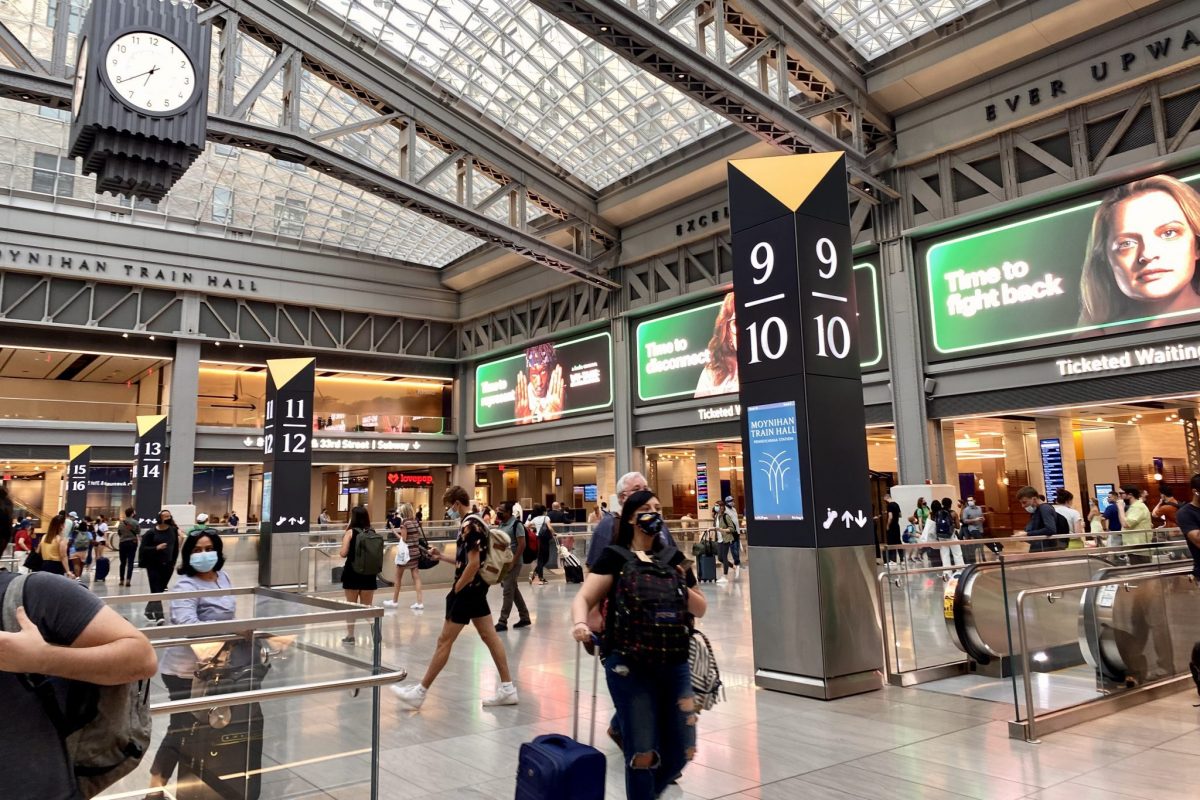Skift Take
The ongoing railroad-labor standoff poses billions of dollars in economic damages and key stakeholders called on Congress to intervene.
More than 400 groups on Monday called on Congress to intervene in an ongoing railroad labor standoff that threatens to idle shipments of food and fuel and strand rail travelers while inflicting billions of dollars of economic damage.
The U.S. Chamber of Commerce, National Association of Manufacturers, National Retail Federation, American Petroleum Institute, National Restaurant Association, American Trucking Associations, American Farm Bureau Federation and other groups warned impacts of a potential strike could be felt as soon as December 5.
Workers in four unions have rejected a tentative contract deal announced in September, while eight approved it.
“The risks to our nation’s economy and communities simply make a national rail strike unacceptable,” says the letter to congressional leaders seen by Reuters. “Therefore, absent a voluntary agreement, we call on you to take immediate steps to prevent a national rail strike and the certain economic destruction that would follow.”
A rail traffic stoppage could freeze almost 30 percent of U.S. cargo shipments by weight, stoke inflation and cost the American economy as much as $2 billion per day by unleashing a cascade of transport woes affecting U.S. energy, agriculture, manufacturing, healthcare and retail sectors.
The letter said a potential strike could result in “interruptions in the delivery of fertilizers, chlorine, and other products essential to clean water, our food supply, and electricity generation.” It warned a strike could halt passenger railroad Amtrak and commuter rail services that “would disrupt up to 7 million travelers a day.”
Last week, the U.S. Chamber implored lawmakers to step in one day after members of the country’s biggest railroad union rejected a tentative agreement.
The White House has called a rail shutdown “unacceptable.” President Joe Biden’s Presidential Emergency Board in August released the framework for the tentative deal forged in September between major carriers like Union Pacific Corp and a dozen unions representing 115,000 workers.
Unions and railroads have until December 9 to resolve differences. If they do not, workers could strike or railroads could lock out employees – unless Congress intervenes. But railroads would halt hazardous materials shipments at least four days ahead of a strike deadline.
(Reporting by David Shepardson; Editing by Chizu Nomiyama)
This article was written by David Shepardson from Reuters and was legally licensed through the Industry Dive Content Marketplace. Please direct all licensing questions to [email protected].
![]()
The Daily Newsletter
Our daily coverage of the global travel industry. Written by editors and analysts from across Skift’s brands.
Have a confidential tip for Skift? Get in touch
Tags: amtrak, congress, labor, rail, strikes
Photo credit: Interior of Penn Station's Moynihan Train Hall in New York City. A potential rail strike in the U.S. could wreak economic havoc. Skift
